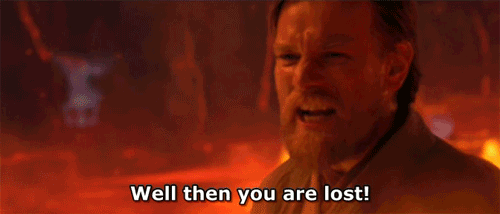Anyway my assertion from day 1 has been that nobody likes modding NESes, therefore it cannot be said to be a fun hobby for people. So either something has to change or NES is forever doomed. Pick your poison. Most of this lot have chosen the latter because the former is too hard. Me, I prefer hard alcohol.
I was involved in this community for a long time in several roles. My favorite was running games. That was also the most difficult. Large complicated games are very hard to run. They are terribly time consuming, players come and go unexpectedly increasing the time required, people complain about rules and content, and the job of producing quality updates is just plain difficult. As I see it NESing failed, first, because good games are hard to run and keep going. Few people have the time to keep it up. I certainly didn't. As players grew older and RL tugged harder at their sleeves, fewer games took life.
The second reason is that many of the smart, creative people who were here couldn't manage to be nice. Personal animosity got the better of folks and brought the house down too many times. Those strident voices fought the wrong battles for the wrong reasons and lost the war.
The ripping off of scabs can produce a pain that is quite close to pleasure. But I am enjoying the reprise in spite of the lingering malaise.The tone of our discussion here is really, really weird.

The downfall of NESing was never caused by some existential failure to come up with a Platonic ideal of NESing because there was never a Platonic ideal with which to begin. The great philosopher of NESing, Wittgenstein, has already given us all the linguistic tools we need on this score.
Let me give a short illustration. When I am asked by a person "would you like to play a game" unless I am so bored that anything will do I would respond "what game do you want to play." I might be perfectly willing to play, say football, but unwilling to play chess. But unless I am unbearably pedantic, I don't try to argue that football is a game but chess is not.
Now say I really want to play football, but we don't have enough people to play. If I really want to play football, I have to build a coalition: Sarah just wants to do something athletic, so while she's would rather play baseball, if everyone else agrees she will play football; Jim will play anything Sarah plays (he is just in for the social club aspect of being around Sarah). Meanwhile Paul would rather play a non-athletic game, so he tries to build his own coalition with the ensuing compromises.
Even at its height, NES never had enough players and mods to give everyone their first choice game, everyone had to make sacrifices and build coalitions to cobble enough willing players and mods. One person preferred fantasy but was willing to play a non-earth/non-fantasy, another wanted 19th century alt-hist but was willing to play 20th century history. One person was only interested in writing stories but could work together with the person who liked "realism" because it gave them a stable setting from which to write stories, another person liked person-to-person competition but could work with the previous two because of the rules and mod allowed his good orders to be competitive with the other person's good story-writing. At some point people would decide that they compromised so much that they lost what made them fun- I quit my fair share of NESes for that reason.
All that to say, I am not sure what making a strict Platonic definition of NESing would accomplish. Maybe one person successfully creates a perfect definition that encompasses everything you enjoy about NESes, congratulations and good luck finding enough people who share your passion to make a great game (No, seriously good luck, I hope that everyone can find something they can enjoy). But I don't see why it is so important to insist that football is a game but not chess (or End of Empires is a REAL NES but LifeNES isn't).
Now if you merely want a mod to place a one sentence intro to their game: "I have designed this game so that people who enjoy writing stories and competing with others will have fun" to establish clear expectations for both mod and player, sure have at it, I support that. But that suggestion doesn't seem to me to be that controversial.
Great post.






